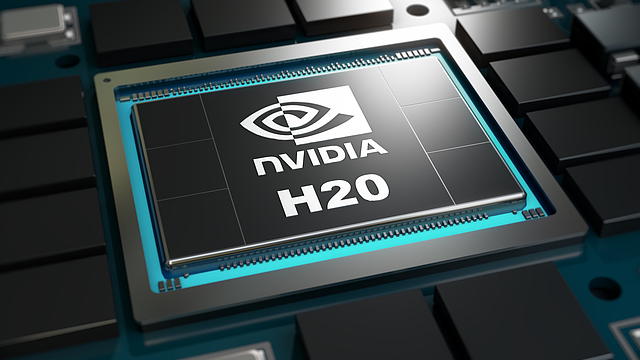Hey tech tribe! 🤖 Trust isn’t just a vibe—it’s the backbone of global trade, alliances, and all the cool tech we use every day.
Recently, Beijing raised eyebrows over security flaws in the H20 chips, the semiconductors powering fancy AI systems. Some say these chips could carry hidden vulnerabilities—imagine a secret bug inside your device 💥.
And that’s not all. Rumors are swirling that U.S. authorities slipped location-tracking gear into sensitive tech shipments. Meanwhile, a bipartisan crew of lawmakers, led by Bill Foster, wants mandatory “backdoors” in exported chips—so the U.S. could monitor or even disable foreign systems built on American hardware. 🕵️♂️🔓
From Washington’s lens, it’s about national security. But for customers—friends and allies alike—it feels like a serious breach of trust.
Take the F-35 fighter jet saga: NATO partners like Germany, Canada, and Portugal have been frustrated by a maintenance setup that keeps key controls locked in U.S. hands. No U.S. sign-off, no upgrades or tests—leaving them wondering who really flies the show. ✈️🔒
That frustration is driving some allies to explore homegrown defense options, aiming to cut reliance on U.S. tech. It’s like building your own DIY rig instead of buying a pre-built one—more work, but you know what’s inside.
For all the Bengaluru coders and Jakarta startup founders, this tech trust tussle hits home: before you tap into global hardware, ask what’s under the hood. Your next breakthrough might depend on chips you can truly trust. 🔍💡
Reference(s):
cgtn.com




